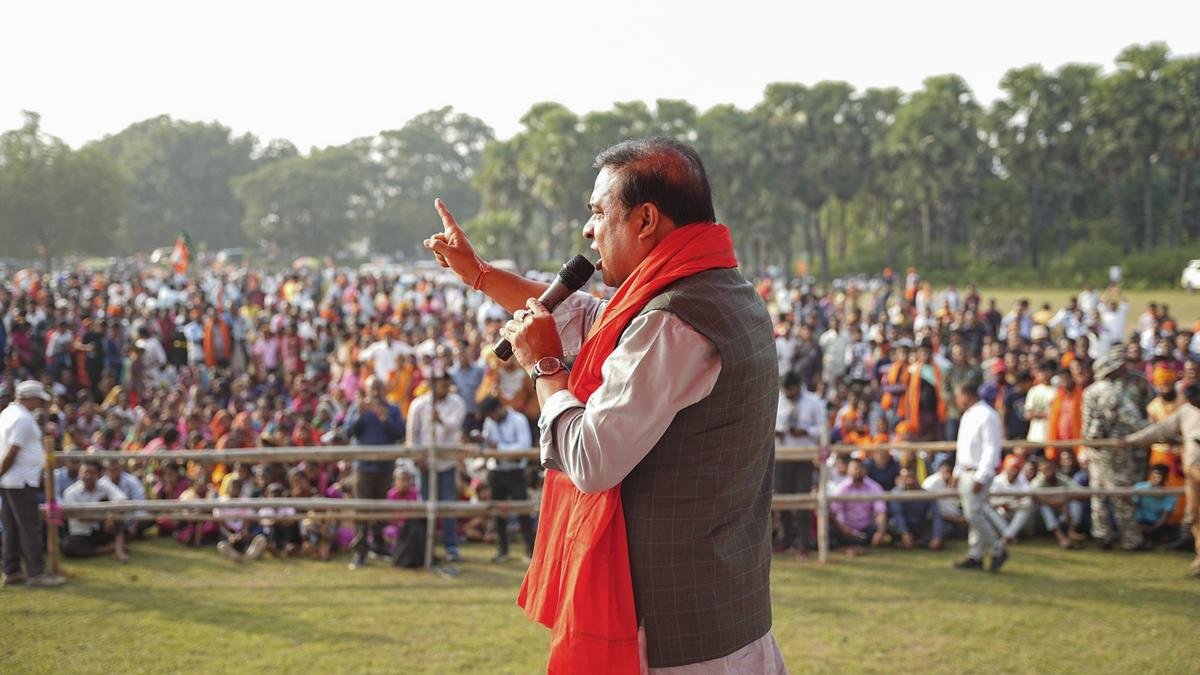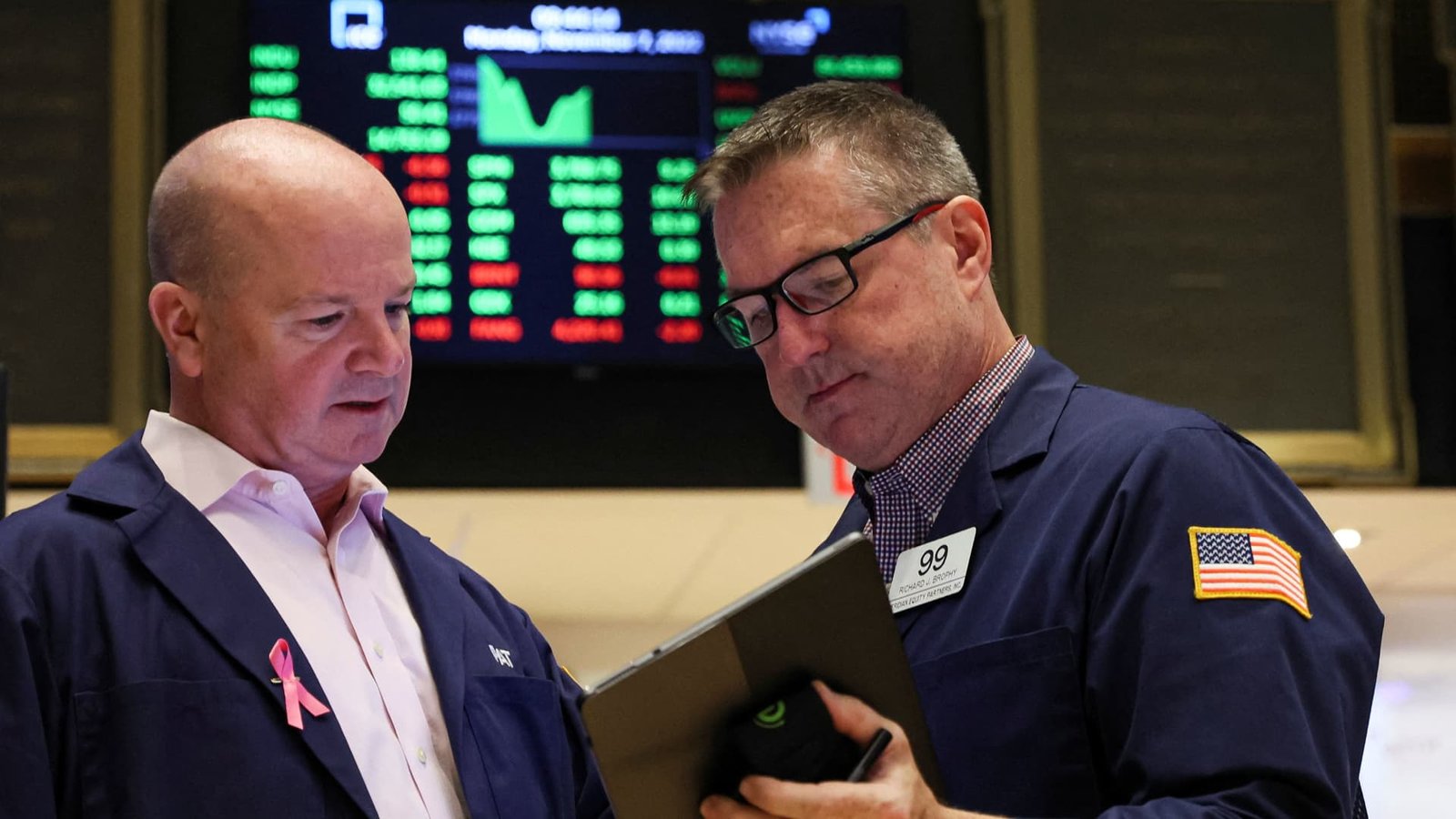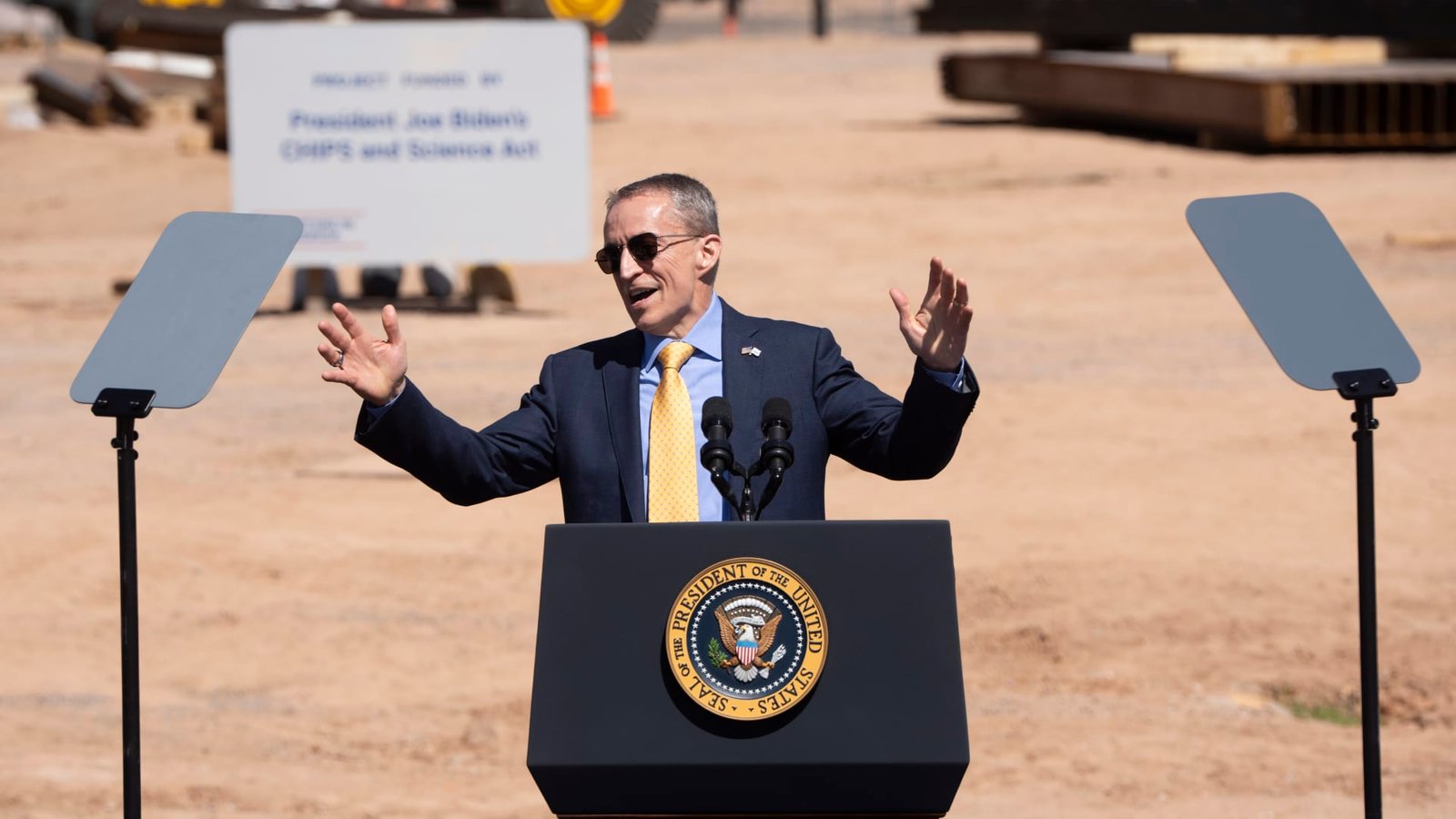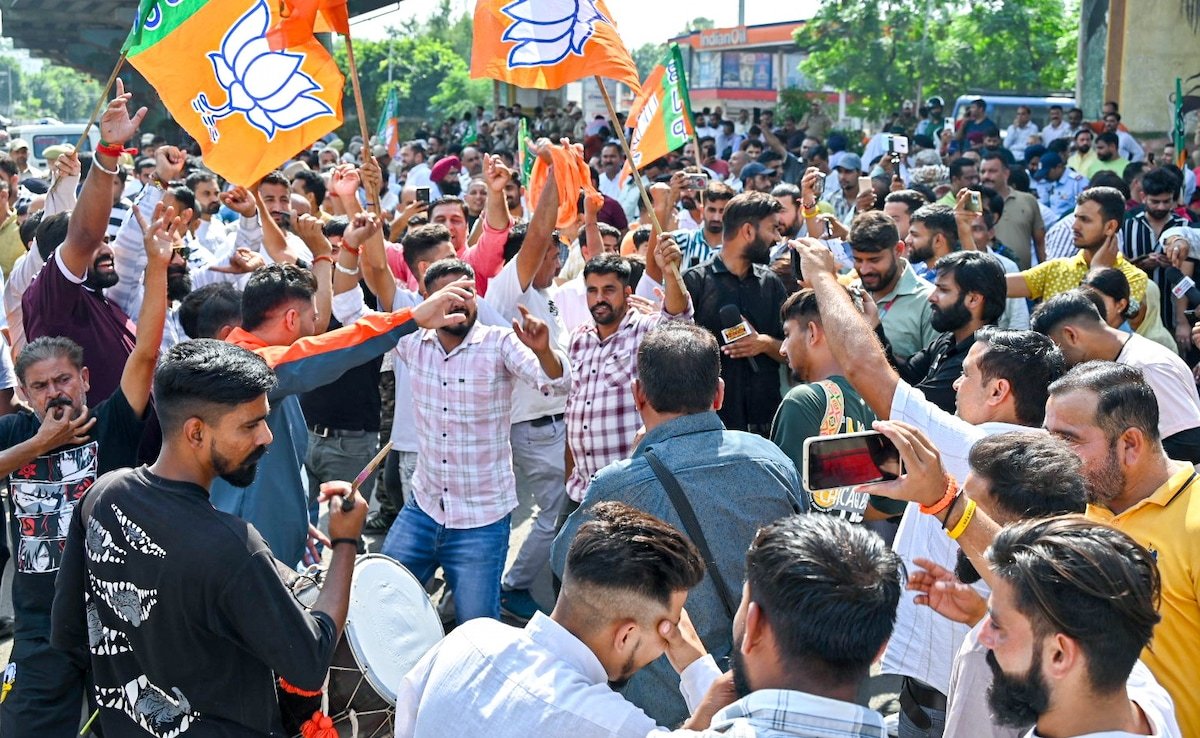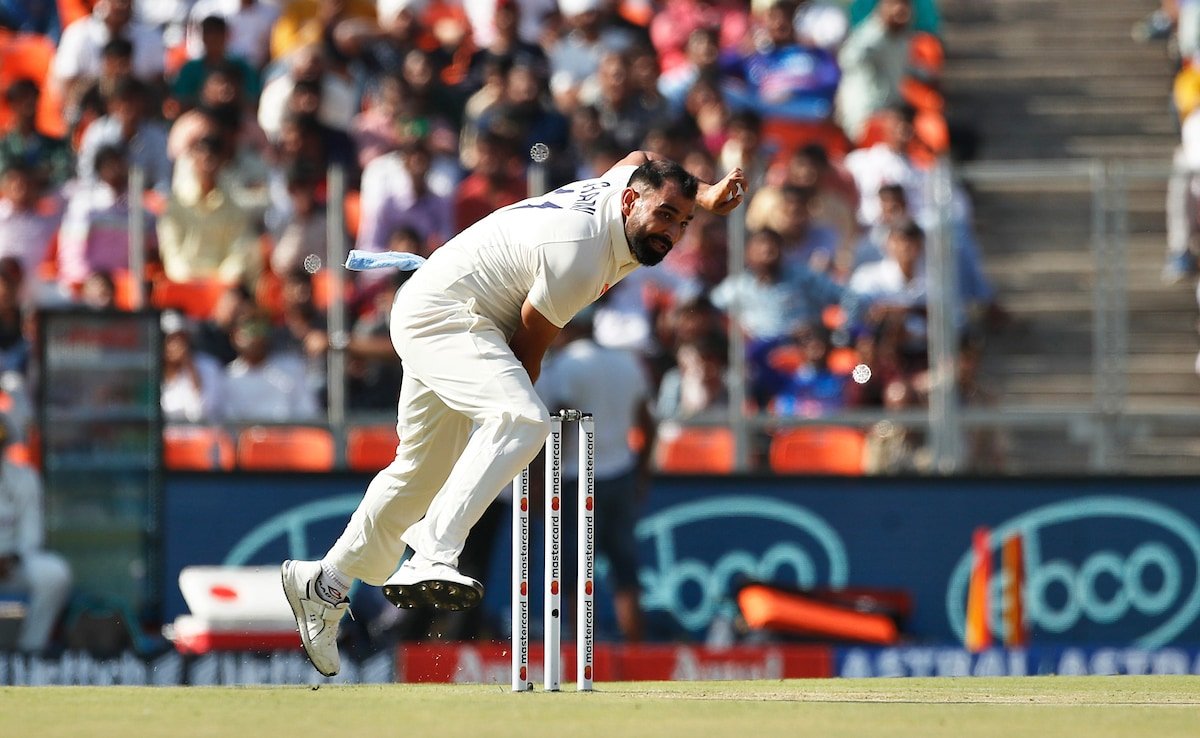
New Delhi: A recent report by the Chintan Environmental Research and Action Group has revealed that about 89% of schoolchildren in Delhi-NCR are concerned about the growing impacts of climate change, with most rejecting token initiatives like celebrating World Environment Day.
The study, conducted among 423 students aged 10 to 15 from diverse socio-economic backgrounds, highlights a significant gap in climate awareness and resources, disproportionately affecting children from low-income households.
Titled ‘The Future We Want’, the report found that 87% of students were familiar with the term “climate change”, but knowledge disparities remain. While 97% of middle- and high-income students called for stronger, everyday climate action, 26% of low-income children said they had never encountered the term, compared to just 2% from wealthier backgrounds.
This gap extends to perceptions of climate change’s impact: 95% of affluent students acknowledged its current effects, compared to 68% of their lower-income peers. Access to information was also a key divide, with wealthier students relying on schools, social media, and family, while 77% of low-income children depended on NGOs for climate education.
The report noted the digital divide as a significant barrier to understanding and addressing climate issues, particularly for children from underprivileged backgrounds.
The study also shed light on the mental toll of climate change, with students reporting heightened anxiety. While 83% linked climate change to health impacts, such as respiratory and heat-related illnesses, 71% noted its impact on their parents’ livelihoods.
Also Read: JEE Main 2025 Registration Last Date Today, Here’s How To Fill Application Form
The NGO recommended practice-based climate education in schools, better resources for teachers, and initiatives to involve parents in climate conversations. Additionally, it emphasized the importance of mental health support for children facing climate anxiety and suggested using storytelling and competitions to inspire positive climate action.
The findings underscore the urgency of addressing the uneven awareness and resources to ensure all children, regardless of socio-economic background, can contribute to combating climate change.
Education Loan Information:
Calculate Education Loan EMI

